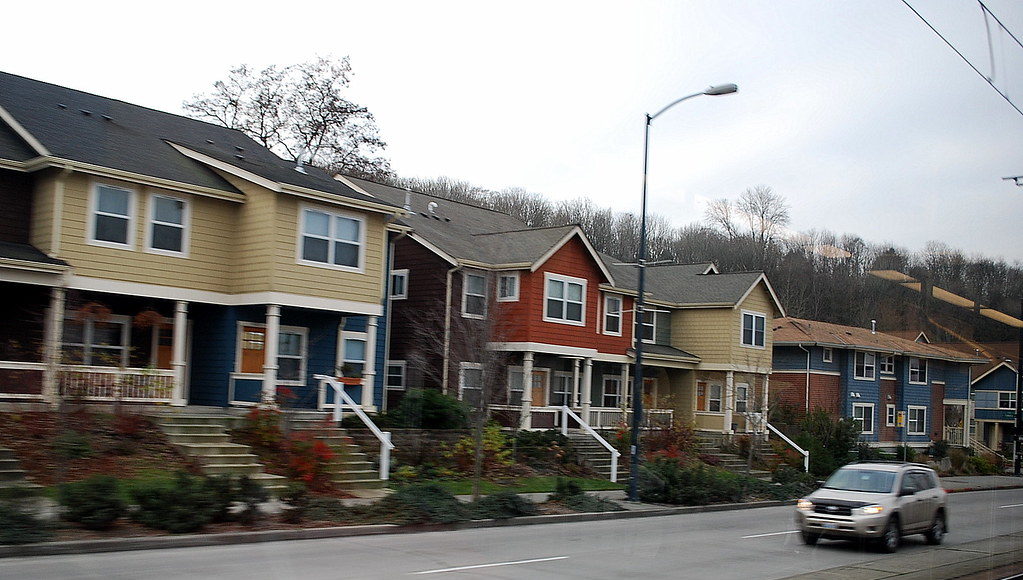
Margaret O’Mara, a University of Washington historian specializing in urban and tech topics, writes frequently and well for the New York Times. Her new article, on the urban housing crisis and the role of tech, is excellent.
It’s too easy, though partially true, to lay the blame on tech companies, she writes. Better to put the blame on past tax laws like Prop 13, which have strangled cities and prevented them from spending on housing. Next culprit: homeowners who fight off efforts to build smaller houses and apartments in leafy neighborhoods. Final villain: steep impact fees that have driven builders to focus on constructing expensive homes.
The good news is that tech companies, previously oblivious to these adverse trends, are now waking up, particularly those in cities such as in Seattle. In California, Apple, Google, and Facebook have pledged $4.5 billion in grants and loans for housing; Microsoft has pledged $500 million to ease the Seattle-area crunch.
I would add two suggestions. One is to create, as other cities are doing and Portland long ago did, a public-serving but non-governmental development agency to address housing and other urban needs such as playgrounds and open space. The hope is that this low-profit agency would attract lots of foundation and corporate donations and investments — particularly if it enjoys some distance from sluggish and high-cost governments.
The other suggestion is to look at redrawing the urban growth boundary, a local third rail in politics, but one that was supposed to be adjustable if we experienced the kind of population growth we have had. I’m told that when we drew this boundary we were mostly concerned about protecting the Cascade foothills from growth, and so drew that north-south line very close to the politically influential Eastside towns. This had the effect of pushing growth north and south (and further out). We now have lots of growth to South King County, though fewer dollars in those cities to deal with social needs.
One adverse development is that Seattle, which has the resources and institutions to help the poor, is pushing these residents outward, thanks to high costs of housing. They move to tax-starved and taxpayer-hostile districts that can’t or won’t fund these services.
Discover more from Post Alley
Subscribe to get the latest posts sent to your email.

O’Mara’s article obviously was written to apply nationally , rather than particularly to Seattle. Our city has no Prop. 13 like California and only modest impact fees, specifically related, as such fees must be, to demonstrated impacts.
We have a city office of housing that works with nonprofits to provide housing and, of course, there also is the Seattle Housing Authority that builds low-income housing. There may be room to blame single family neighbors for resistance to multifamily development, but Seattle still has ample room for development. The reason developers press to build in single family areas is partly because lots are less costly.
Reasons for high quality housing costs relate to supply. During the recession, there was little development. Then along came big time hiring before the market could catch up. We are finally getting more supply, but it takes time to get permits and build.
Finally we are seeing projects like Magnuson Park’s Mercy Housing, 148 apartments — some 3-bedroom — in an historic Navy building, with day care and a clinic. More housing still needed and hopeful we won’t face another recession slow down.